A group of visiting United States students have experienced the South African healthcare system first-hand in Delft. They found a resilient but severely under-resourced system serving a community deep in poverty but were overawed by the dedication and goodwill of healthcare professionals and home-based carers.
The visiting US pharmacy students from the Washington State University (WSU) were inspired by their peers from the School of Pharmacy at UWC who were striving to make a difference in the Delft community despite numerous challenges.
One of the five visiting students was fourth-year Doctor of Pharmacy student Thao Tong. He said he was amazed at how a hospital could function without health professionals in specialised fields like psychiatry and pharmacy.
“It’s been interesting so far,” he said. “I’ve learned the art of flexibility. With the limited number of resources that each institution has, healthcare professionals try really hard to work with what they have. In the public sector, the number of medications available in practice is limited.
“I have much respect for my UWC pharmacy colleagues who are working hard to push for more clinical pharmacists’ involvement in the healthcare field here in South Africa. They push for the idea of working together as a full-disciplinary team alongside other healthcare professionals to help create better patient care by optimising medication regimens.
“I’m grateful for the opportunity. It has also been a unique cultural experience.”
The US group is on an international elective rotation, which officially started on 15 May, to complete a requirement for their PharmD programme. They were to observe the South African health system via UWC’s community engagement projects.
Tong said of his experience: “One of the major differences in the health system in South Africa I’ve seen is that we don’t have a clear division of a public and private sector in the States as is the case in South Africa. Back home, our healthcare institutions are not funded by the government. However, they can receive certain grants depending on their level of involvement in government-funded healthcare programmes.
“The federal government provides financial assistance to patients in the form of health insurance for the elderly, above the age of 65 years old, and the disabled through Medicare, or they can apply for Medicaid (medical aid for limited income) coverage which is covered jointly by the federal and state government.
“In the same way, there is government-funded assistance for veterans. Patients can also choose to get private health insurance exclusively through their workforce. The medications made available to the public sectors are limited here in South Africa, and there is a common use of hardcopies as opposed to electronic medical records.”
The group visited a public health facility in Delft and Touching Nations, a non-profit organisation with 140 home-based carers working in collaboration with the Delft Hospital who refer patients to them.
UWC’s School of Pharmacy has a 14-year partnership with the organisation headed up by alumnus Mark le Fleur. He is currently studying a Master’s in Theology.
UWC Associate Professor Renier Coetzee, who led the visit to Delft, said the visiting students mainly work in hospitals, but were given exposure to Delft to better understand the context. The purpose of the visit was to provide them with the opportunity to experience a different healthcare system and also different diseases, like HIV and TB, which was not as prevalent in their countries.
“We follow a comparative health systems approach which allows for students from both countries to learn. It gives our students the opportunity to experience clinical pharmacy in a space where it is practised. The discipline is fairly underdeveloped in SA, with a lot of room for growth. Also, this specific rotation allows our students to be taught by the visiting lecturer, as our students are taking his course online.”
The rotation has been running since 2014, and Prof Coetzee has been involved with hosting international pharmacy students since 2010.
“We have expanded the programme at UWC to include more international universities, giving us more opportunities for our students to work alongside other students (peer learning). It also helped academic staff to grow and learn,” said Coetzee.
Thao is optimistic that South Africa’s health system could be improved by implementing certain protocols to prevent unnecessary accidents or the spreading of infectious biological materials.

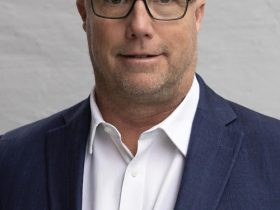


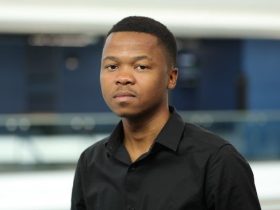

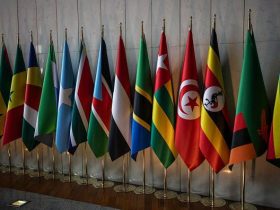
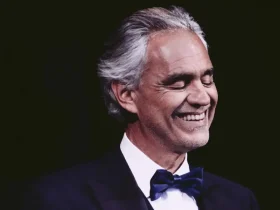
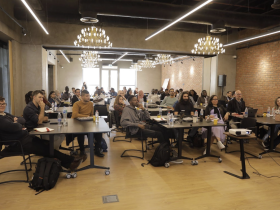








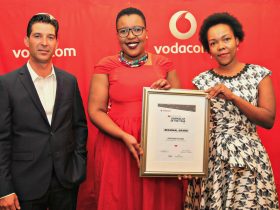

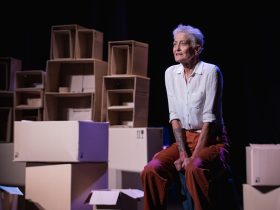
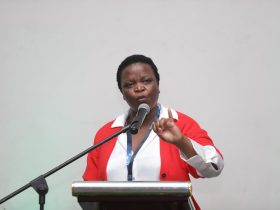



Leave a Reply